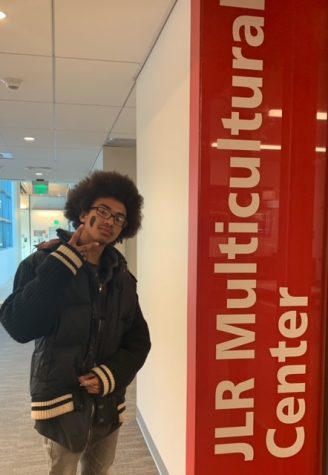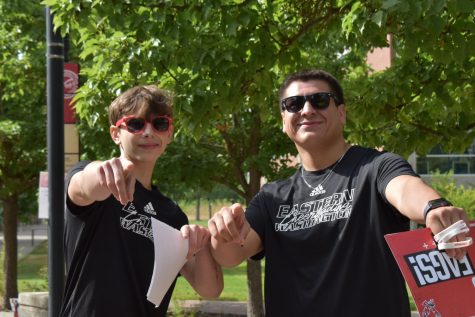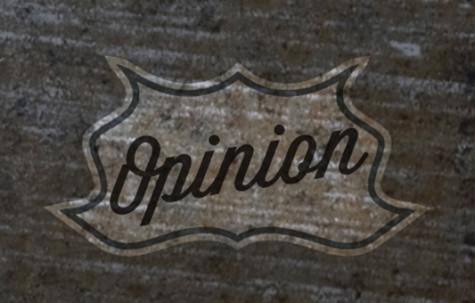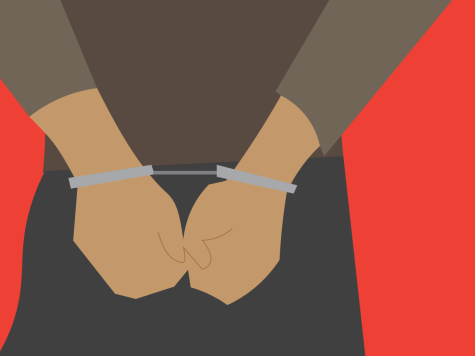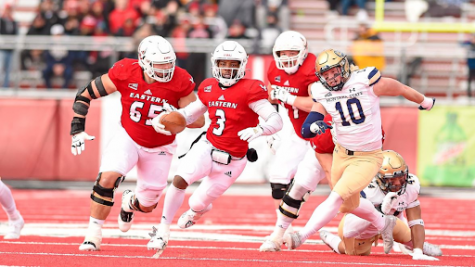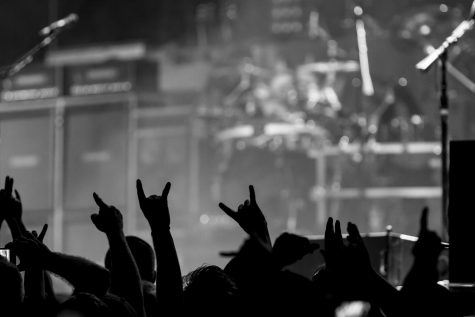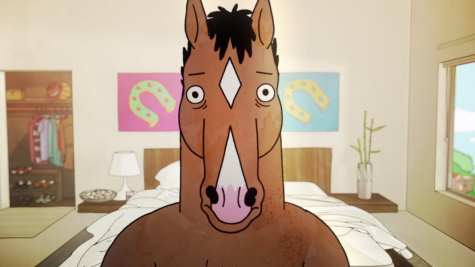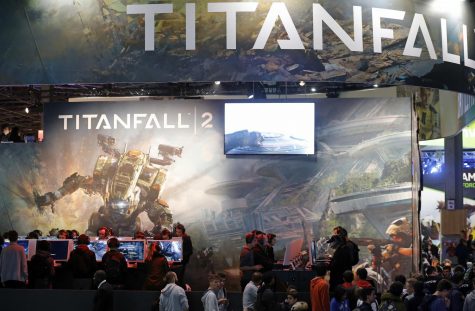Opinion: NCAA athletes should be paid
Examining the possibility of compensating college athletes amid a new bill proposal in Washington state
February 27, 2019
Michael Brock is the Editor in Chief for The Easterner. The opinion expressed in this article is his own and does not necessarily reflect the opinion of the rest of The Easterner’s editorial board.
When Duke freshman sensation Zion Williamson slipped and broke through his left shoe against North Carolina last week, the basketball world held its collective breath.
It was just 36 seconds in to the most anticipated college basketball game of the year, and the sport’s biggest star was down in pain. He missed the rest of the game with a mild knee strain and is currently day to day. Although Williamson avoided serious injury, the incident sparked a multitude of conversations surrounding college athletics, including the one-and-done basketball rule and compensating athletes.
A new proposed bill in Washington state would allow student athletes in the state to be paid for the use of their name, image and likeness, and hire an agent, all of which are currently barred by NCAA rules. This is a logical step in the right direction.
The cheapest ticket to the UNC-Duke game on Feb. 20 was $2,500, while the steepest ticket sold for $10,652, per Vivid Seats. For reference, the cheapest ticket a week before this year’s Super Bowl cost $2,674, Kyle Zorn, a marketing strategist for secondary ticket seller TickPick told ESPN.
The NCAA is a money-making machine, surpassing $1 billion in total revenue for the first time ever in 2017. Over $700 million was made off the NCAA men’s basketball tournament alone. About half of the total revenue is distributed back to NCAA Division I universities. Williamson is already the consensus number one pick for the 2019 NBA Draft and a major reason why over 9,000 people, including 44th President Barack Obama, were willing to fork over the hefty fee that night. Even so, neither Williamson or his teammates will see a dime.
It’s simple: NCAA players should be paid. The logistics are tricky, and the eventual result would likely only be the top players at the leading universities getting paid. But since that is still years away from occurring, if ever, I’ll settle for players at least being able to make money off of their likeness.
On Feb. 8, Washington State Senator Guy Palumbo proposed Senate Bill 5875, which would allow student athletes in Washington to do just that, along with hiring an agent. There are many potential issues with paying college athletes outright, including determining a salary scale and which universities and athletes would be eligible. However when dealing with image and likeness, athletes’ involvement would depend on demand.
The top four paid Washington state employees in 2017 were coaches. University of Washington head football coach Christopher Peterson was atop the list at $3.42 million, while Washington State University head football coach Mike Leach raked in $3.14 million. Nine of the top 13 paid state employees in 2017 worked in athletics, including assistant football coaches and an athletic director.
Although not as extreme as the statewide trends, athletic staff is well compensated at EWU too. In 2016, then-head football coach Beau Baldwin was the second highest paid EWU
employee, making $232,500. (President Mary Cullinan was first at $316,600). William Chaves, then-athletic director, was eighth at $177,100, while then-head basketball coach James Hayford came in at 11th at $167,100.
The reason why coaches and top athletic staff around the country are well compensated is simple: the teams bring in tons of revenue and attention for their universities. It makes sense that they would sign hefty contracts and promotional deals. However, those same athletic officials are able to sign agents, market themselves, sell autographs and be in commercials if the demand is there. The players should be allowed the same privileges.
The majority of players, especially at smaller NCAA Division I universities like EWU, wouldn’t have their likeness advertised outside of team promotion. However the best players at the top universities, along with some at the mid-level schools, would have high demand for apparel commercials, billboards and shoe deals, to name a few.
Universities as well as major companies often sell merchandise with player’s likeness attached. Nike currently has a No. 1 Duke jersey (Williamson’s number) on its website listed at $120. Although it doesn’t have Williamson’s name embroidered on the back, fans are surely purchasing these with the freshman phenom in mind.
In the past at EWU, the university has sold No. 10 football uniforms in the bookstore for record-breaking wide receiver Cooper Kupp, who was drafted by the Los Angeles Rams in 2017 after four years with the Eagles.
For many college athletes, a scholarship is sufficient. They will get their schooling paid for while playing a sport for four to five years. But the premier talent at the top universities should be allowed to brand themselves as well as sign an agent to represent them.






![Simmons said the biggest reasons for her success this year were “God, hard work, and trusting [her] coach and what she has planned.”](https://theeasterner.org/wp-content/uploads/2024/05/image1-1-1200x800.jpg)


